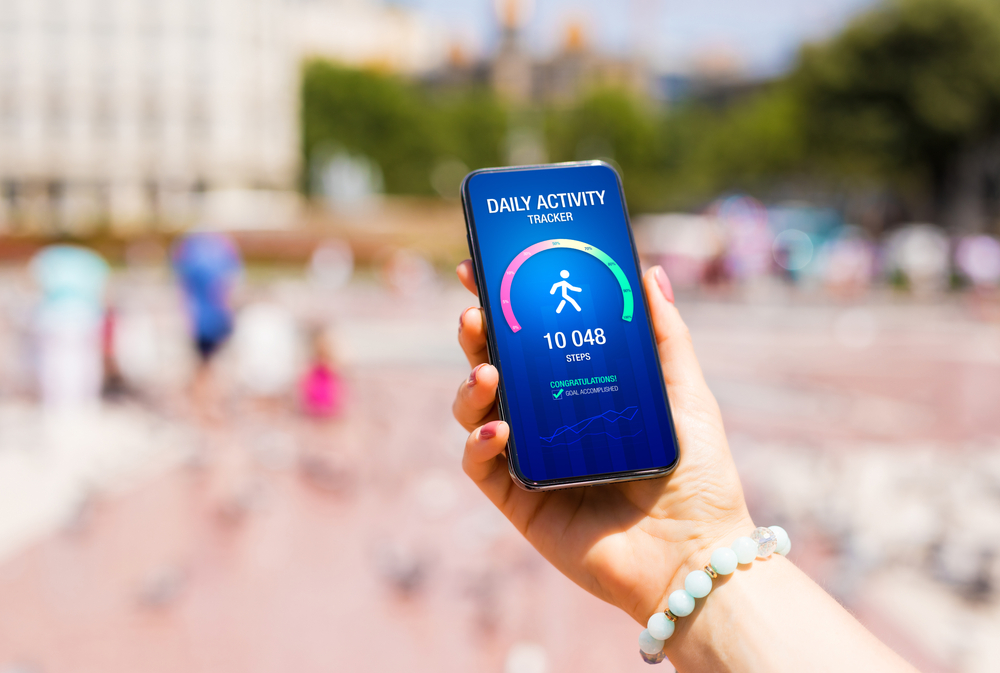“Drink eight glasses of water a day!” “Breakfast is the most important meal of the day!” “You need this one gadget to simplify your life!” Sound familiar? These phrases have been plastered across ads, wellness blogs, and social media for decades. But here’s the twist—many of these so-called “life tips” weren’t born from science or wisdom.
They were born from marketing departments. Somewhere along the line, clever advertisers turned ordinary habits into billion-dollar mantras that people still swear by.
1. “Breakfast Is the Most Important Meal of the Day”
These sounds wholesome, doesn’t it? It conjures up images of sunshine, milk cartons, and neatly toasted bread. But this famous phrase was cooked up by cereal companies in the early 20th century, not nutritionists. Brands like Kellogg’s and Post needed to sell more cornflakes, so they promoted breakfast as a sacred ritual essential for good health and productivity. Sure, eating in the morning can help some people, but the idea that skipping breakfast ruins your day? Pure marketing genius. If anything, the “breakfast myth” taught us that if you repeat something enough times—and add a happy family eating cereal—it becomes gospel.
2. “You Need to Drink Eight Glasses of Water a Day”
If you’ve ever felt guilty for not downing your eighth glass by 5 p.m., relax—you’re not dehydrated, you’re just marketed to. The “8×8” rule (eight glasses of eight ounces each) has been floating around for decades, but it doesn’t actually come from scientific consensus. In fact, much of your daily hydration comes from food and other drinks—yes, even coffee counts. Water companies and health brands jumped on this vague “rule” because it was perfect: easy to remember, impossible to verify, and profitable to promote. Staying hydrated is important, but your body already knows how to ask for water—it’s called thirst, not a marketing slogan.
3. “You Need to Hit 10,000 Steps a Day”
Your fitness tracker might be buzzing right now, urging you to hit that magic number. But guess what? That “10,000 steps” goal didn’t come from doctors—it came from a Japanese marketing campaign in the 1960s. A pedometer brand named Manpo-kei literally translates to “10,000 steps meter,” and the idea caught on because it sounded scientific and achievable. Decades later, fitness brands and app developers adopted it as gospel, building entire industries around that number. The truth? Walking is great for your health, but whether it’s 7,000 or 12,000 steps doesn’t matter nearly as much as moving your body regularly. The 10,000-step goal is just smart branding dressed as wisdom.
4. “You’ll Be Happier If You Buy Experiences, Not Things”
This one sounds deep, like something you’d see on a minimalist’s Instagram caption. And while there’s some psychological research supporting the idea that experiences can create lasting joy, marketers have twisted it into a convenient spending prompt. Travel companies, event organizers, and subscription-based brands jumped on this “science-backed” claim to push everything from concerts to retreats. The irony? It still gets you to spend money, just on different stuff. Real happiness isn’t about buying things or experiences—it’s about what those purchases mean to you, not how well they fit into a marketing narrative.
5. “Natural Products Are Automatically Better for You”
Ah, the golden word: “natural.” It’s one of the most overused and underdefined labels in marketing history. From skincare to snacks, companies plaster it everywhere to make their products seem safer, healthier, and somehow morally superior. But “natural” doesn’t actually mean anything legally—it’s just a feel-good term that triggers trust. Arsenic is natural. So is poison ivy. Marketers know that consumers crave simplicity and purity, so they weaponize that instinct to sell everything from “clean” beauty to “earth-friendly” detergents. The truth is, what matters is the ingredient list and the science, not the leafy design on the packaging.
6. “A Glass of Red Wine a Day Keeps You Healthy”
Few marketing ideas have had such an intoxicating run. The “one glass of red wine a day” theory became wildly popular after studies suggested that antioxidants in wine could promote heart health. Wine companies, restaurants, and lifestyle publications took that tiny nugget of research and turned it into a cultural movement. Suddenly, sipping merlot became self-care instead of indulgence. The truth is, those benefits come from compounds like resveratrol, which you’d need to drink gallons of wine to absorb meaningfully—and at that point, your liver would have a few words. The idea that wine is “doctor-approved” is one of the smoothest marketing tricks ever poured into a glass.
The Truth Behind the Tips
When you dig a little deeper, it’s clear that many of the “rules for better living” we’ve heard all our lives were crafted to sell, not to serve. These catchy mantras—drink more water, eat breakfast, walk more, buy experiences, go natural, sip wine—sound harmless, but they subtly shape how we spend money and view health, happiness, and success. Marketers have an incredible knack for wrapping sales goals in self-improvement language, and we’ve been buying it for decades.
The good news? Once you see the playbook, you can start making choices based on truth, not taglines.
Which of these marketing-made “tips” have you fallen for before? Share your stories or realizations in the comments below, you’re probably not alone.
You May Also Like…
10 Jobs Marketed as Secure That Are Already Disappearing
6 Marketing Tricks That Sell Products You Don’t Need
12 Self-Care Tips You Should Start Using to Have a Great Life
6 Widely Shared Inheritance Tips That No Longer Work
What To Do if You Suffered From False Advertising


